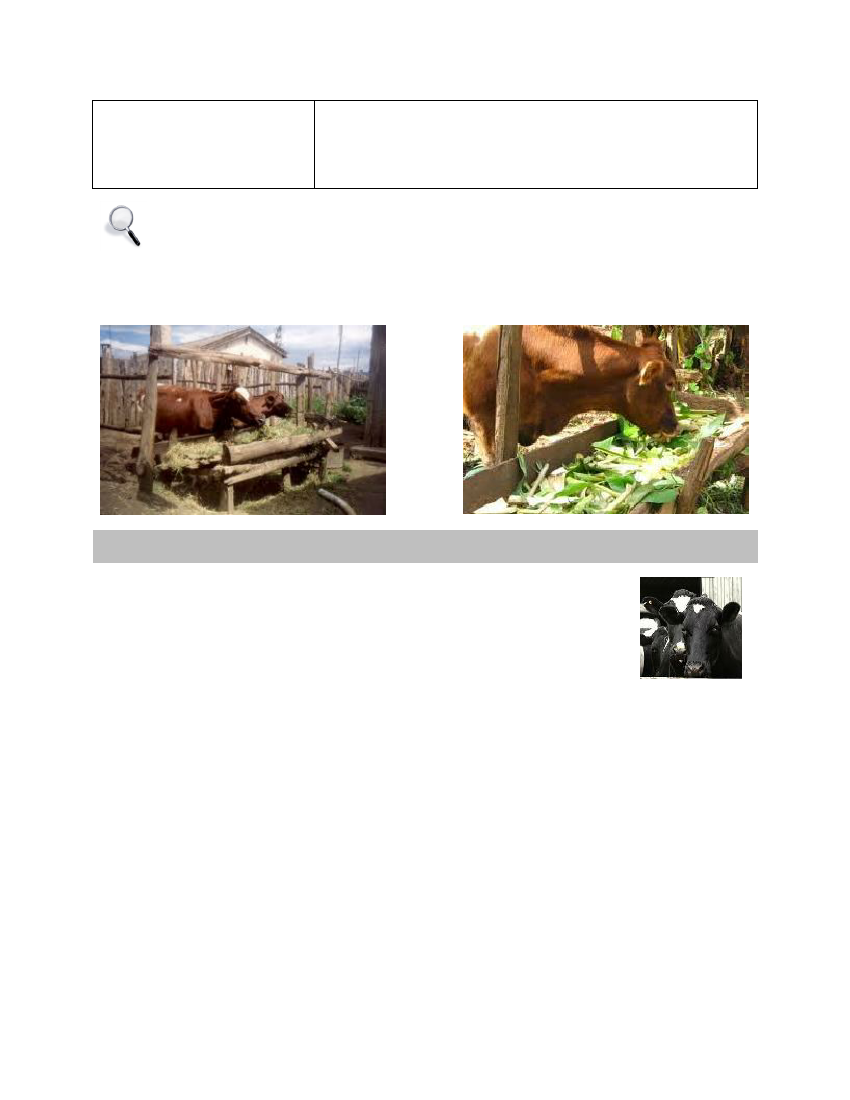
OUR STORY
KAGREC
“It is this increase in sales after training that makes us zealous
to respond to invitation by the program to train farmers. It had
been hard for us to penetrate Njoro area in the past.”
Mr. Abwere, Mola Plus Limited
Meet Mary Mathenge
This AI provider work distributes semen and works with over 70 inseminators and the number is growing quickly.
KAGREC and other SPs tell us about the program results and learning from a SPs perspective...
Benefits
Service providers are now doing things commercially so are
less likely to close their business when the program closes.
After facilitation of linkages providers have built relations
with Coops and individual farmers and their business have
grown. KAGREC has grown from 500-600 to 2,000-2,500 sales
pm.
Some service providers are now attached to Coops and are
paid directly by the check off system.
The program has created access to legitimate providers and
promoted specialist and quality services.
Animal technicians are going back for AI training as they now
see it as a competitive privatized business.
The increasing quality of inputs and services (such as feeds)
to farmers is directly reflected in increased milk production.
The program has linked farmers to SBOs for financing of
services/inputs via a check off system at the Coop level
(paying for the right services via direct deduction from milk
sales).
The business opportunity was publicized directly to local
providers (and via the networks of firms such as Coopers)
who then self-selected themselves.
The provider’s agenda was defined by the SBO action plans
developed in collaboration with the program.
Learning forums and field days have given providers the
space to provide information to farmers, make business
contacts and market their products.
Service providers are footing the bill for exhibitions that
allow them access to new markets.
Lessons
The BDS diagnostic done by LOL was a
helpful source of information,
highlighting local providers.
The local facilitator’s engagement
diminishes as the service providers
takes up that ground.
Service providers are now doing things
commercially so are less likely to close
their business when the program closes. After facilitation of
linkages they have now built relations with coops and
individual farmers and their business have grown.
Generate knowledge about good services and farmers will pay
top prices for quality services that solve their problems.
Market dynamics are the key. Farmers have different tastes
and must have a choice in order to select their preferred
provider and service.
BDS should be demand led. People need to find value in a
service and want to make the investment to do business.
Providers (such as animal technicians) should be encouraged to
join the Coops and be fully integrated in the milk shed.
Service providers can also be harnessed to recruit farmers to
the Coops and promote the benefits of member based
organizations.
42